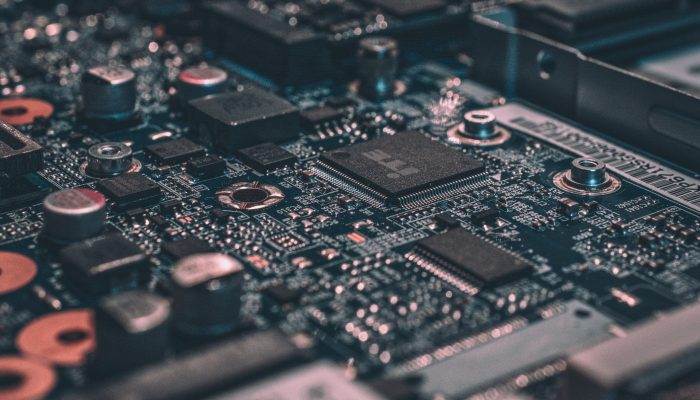The University of Iowa College of Law this semester started a Technology Law Clinic after adding Megan Graham, an associate clinical professor, to the faculty in January. Graham, a nationally recognized expert in technology and surveillance issues, is the director of the clinic, which focuses on the role of police technology in criminal cases.
Graham did her undergraduate work at Georgetown University and earned a bachelor of science in Foreign Service in culture and politics. Then she received a master’s degree in comparative ethnic conflict from Queens University in Belfast before going to New York University School of Law. She previously taught in the Samuelson Law, Technology and Public Policy Clinic at University of California Berkeley School of Law.
Graham also clerked for then-Magistrate Judge Katherine Menendez in the U.S. District of Minnesota. She also worked at the Brennan Center for Justice and was the privacy, security and technology fellow and assistant managing editor at Just Security, an online forum for the analysis of security, democracy, foreign policy and rights.
Q: Can you provide us with an overview of the Technology Law Clinic?
A: It is the first of its kind at the University of Iowa and College of Law. There are a few other technology law clinics in the Midwest and there are more than 70 technology/intellectual property clinics around the country.
The clinic gives practical experience to students who work on cases with real clients. They don’t work directly with defendants themselves but instead with defense attorneys, nonprofits and other organizations who represent clients. The students may work on litigation, legislative advocacy, analyze public records or pursue policy change.
The students are learning and building expertise in the technology being used and asking where, why and in what context is it being used in those cases. Technology is on the rise around the country, even in smaller communities because police have access to more of it.
Q: What are some examples of technology being used by police in criminal cases?
A: Surveillance like cameras and license plate readers, mass data collection and (specialized tech like) ShotSpotter, which detects gunshots; search warrants for cellphones and computers, which can provide location information from third-party companies — cell providers; facial recognition software; and DNA analysis software — genotyping to determine an individual’s genetic makeup (typically used in cold cases).
There are privacy concerns because frequently devices like ShotSpotter and other surveillance techniques are disproportionately deployed in communities that are already more highly policed. In the case of ShotSpotter, that means the technology will alert and send police officers to those same communities, which means police are more consistently present and watching folks in those areas.
There’s a cycle: heavy policing leads to tech like ShotSpotter being installed, which leads to more policing in that area based on alerts, which then leads to installation of more surveillance tech, and so on. And all along the way, those communities are being watched more closely and experience more government intrusion into their lives.
You can read the full article at The Gazette.

